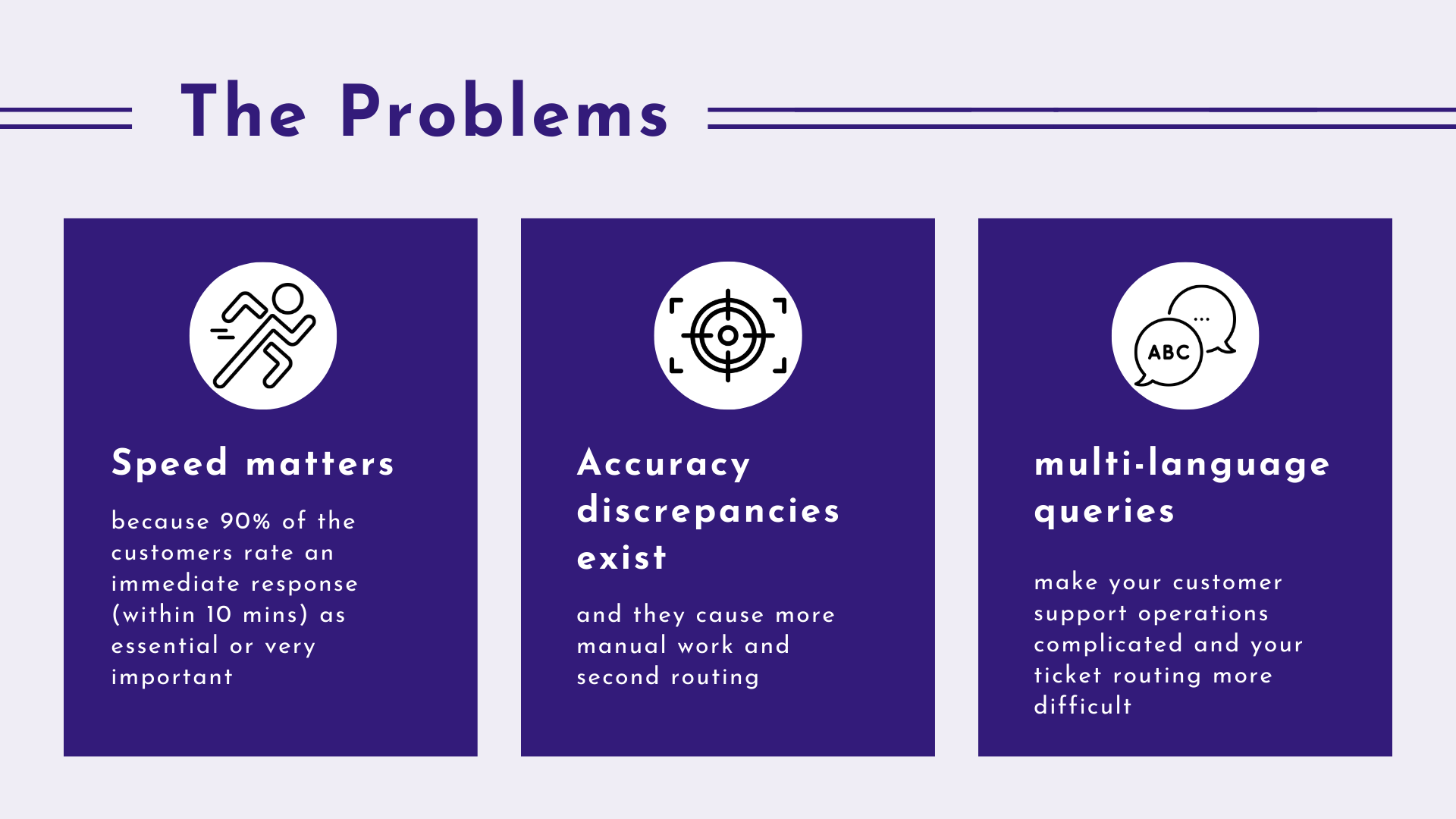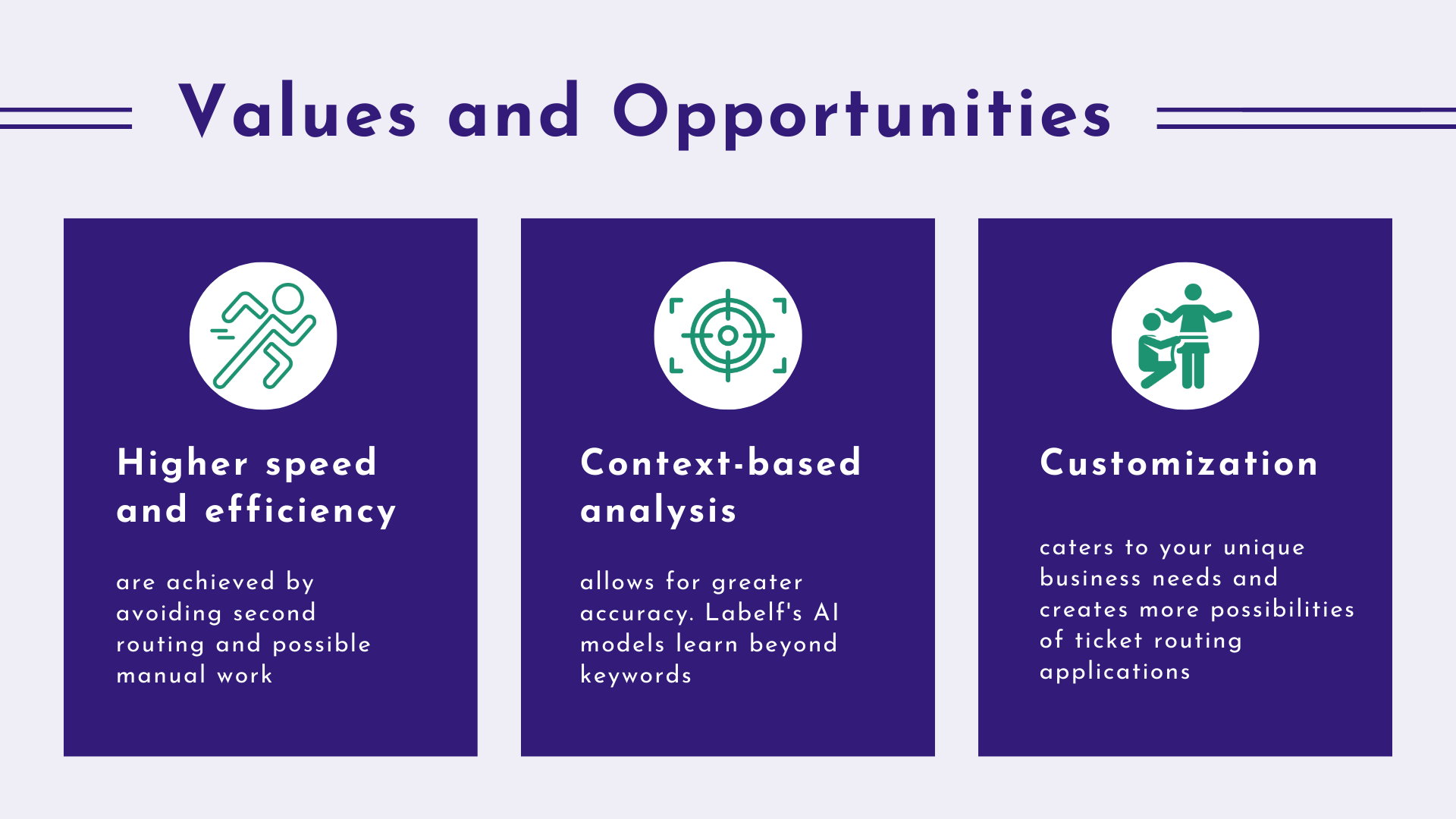

Businesses are no longer able to distinguish themselves solely by the products. Among the elements that customers value, customer support services are of high importance.
The values of good customer service are quite intuitive. From a customer journey perspective, it surely is a vital touchpoint when the customers engage with the brand, and it also represents the brand image and values. Besides, good customer service attracts customers to remain loyal, grows customer lifetime value, and turns the customers into advocates. Statistics show that customers who rate a company’s service as “good” are 38% more likely to recommend that company (Qualtrics, 2020).
From economic perspectives, customers are willing to pay more, and 89% are more likely to make another purchase after a positive customer service experience (Salesforce, n.d.). In terms of costs, generally speaking, customer retention is cheaper than customer acquisition. Also, satisfying customer service facilitates positive word-of-mouth recommendations, saving your marketing budgets and generating branding values.

Among all the criteria of delivering excellent customer experience, wait time might be one of the most important. However, short response time can be challenging for companies as 90% of customers rate an "immediate response” as essential or very important when they have a customer service question, and 60% of customers define immediate as 10 minutes or less when they request customer support (Hubspot, 2018). Moreover, only 17% of consumers would recommend a brand that provides a slow but effective solution (Benmark and Singer, 2012), indicating that even a wonderful resolution can barely make up for the delay.
To achieve a higher efficiency of response and thus drive growth, many have incorporated artificial intelligence (AI) for automated ticking routing. As a solution, automated ticket routing, which refers to the process of assigning inbound tickets to relevant agents, helps to avoid relying on manual work to assign customer queries and to track your tickets in one place. However, the mechanisms of routing tickets vary, leading to accuracy discrepancies.
Furthermore, multilingual customer queries may also decrease the accuracy of ticket routing or even make it malfunction. It is unlikely to train the AI respectively in all the languages, and therefore the capacity to handle multiple languages plays a significant role in optimizing the workflow.

The good news is, with AI from Labelf, the issues can be solved!
Instead of grabbing the keywords in the tickets (e.g., delivery, payment, exchange, etc), Labelf has developed an automated ticketing system that can analyze the contextual relationships between the words. Applying Labelf’s AI model, you will be able to train the model with your actual data (e.g., historical customer queries) and the AI model will learn from your real user queries. We often see that customers are able to train AI models to 90% accuracy in less than an hour using the Labelf active learning platform.
Once again, speed of response matters. As a result, avoiding second manual routing and reducing customer's wait time are highly important. By increasing accuracy with ticket routing, firms are able to save the time of forwarding the tickets, decreasing the needs of going back and forth, and thus speeding up the response time. In addition, when the tickets are correctly auto-distributed, the operations efficiency is expected to increase due to the easier sourcing of data, making cross-functional team collaborations more efficient and smooth.
Moreover, the labeling settings can be customized to your unique business needs. For example, you may want to train a model to sort by the types of customer queries, by the stages of customer journey, or by the urgency/seriousness of the problems, etc. The capabilities to tailor the AI model empower your ticket intelligence and create more possibilities of ticket routing applications.
No matter if you are experiencing surging inbound tickets, optimizing customer support, improving operational efficiency, or simply trying to shorten customers’ wait time, Labelf AI empowers you with easy-to-implement AI models and a better-performing automated ticket routing system.
Sounds interesting to you?
Feel free to book a demo